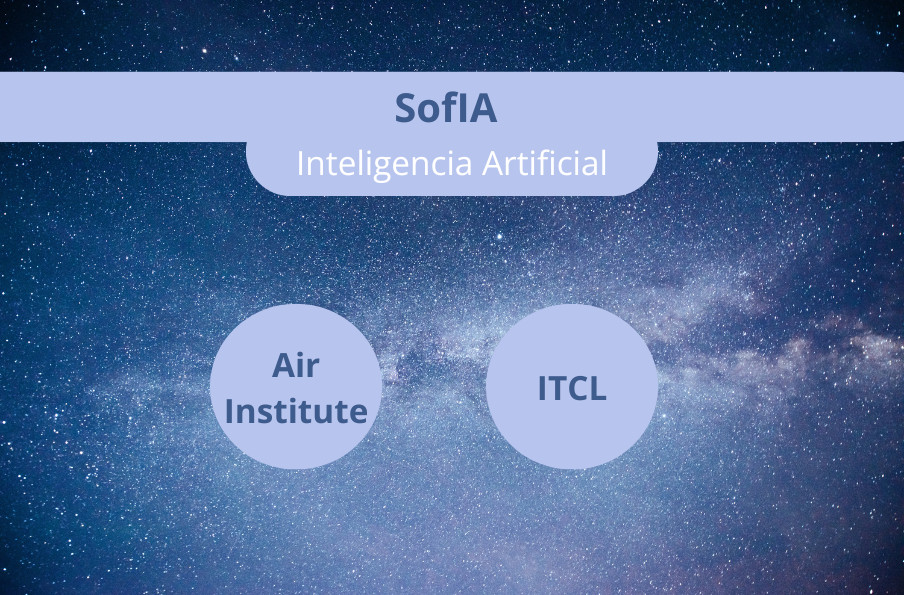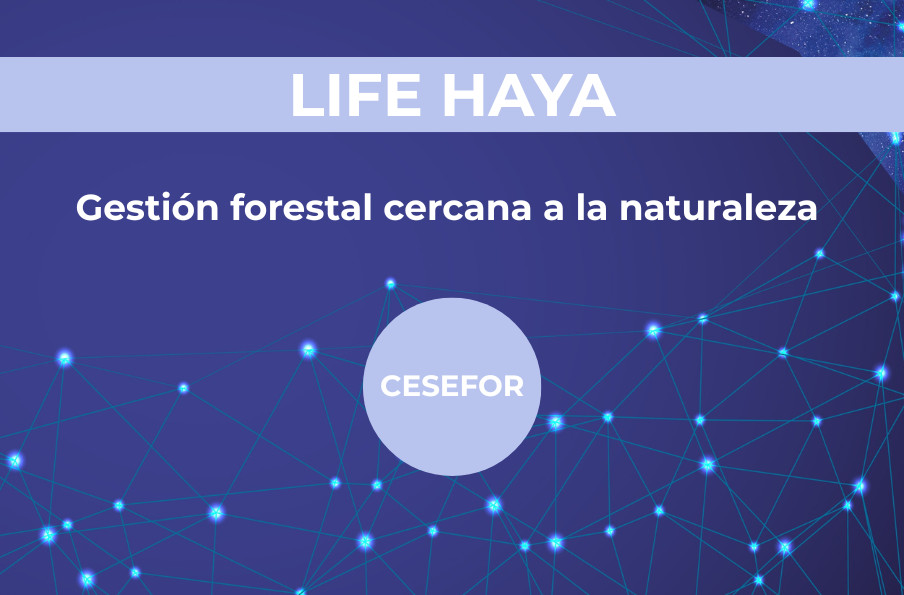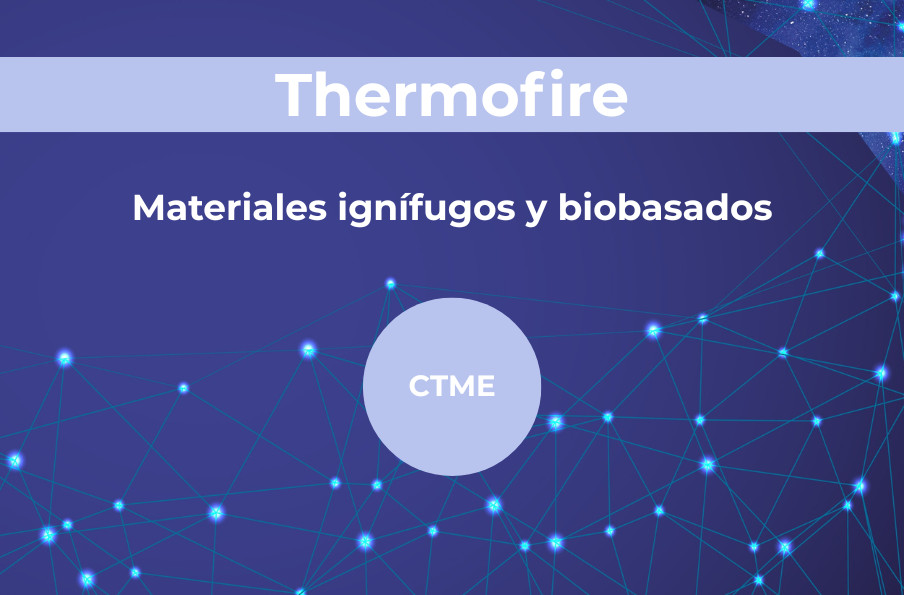AIHRE aims to create a technological and business network to exploit the potential of green hydrogen generation at industrial level, in Spain and Portugal.
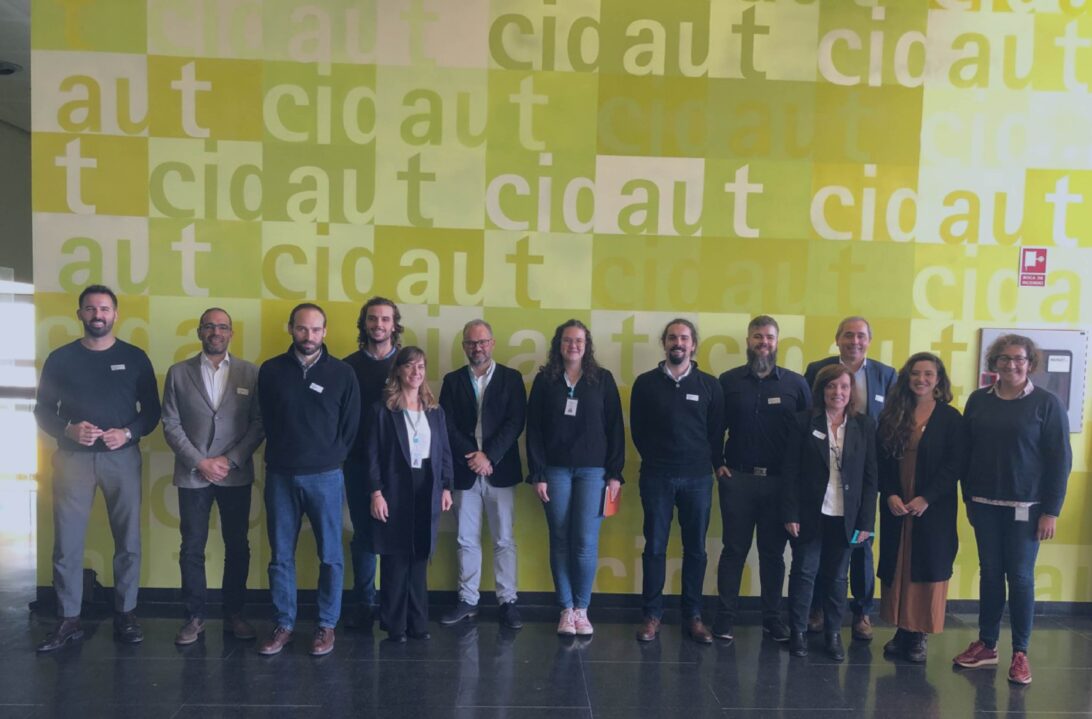
The CIDAUT Technology Center coordinates the European projectAIHRE, ‘Analysis and Promotion of Renewable H2 in the POCTEP region’, which has started its work to accelerate the green hydrogen industry in different regions of Spain and Portugal.
The initiative, funded with 1.5 million euros under the third call of the Interreg VI-A Spain-Portugal Cross-Border Cooperation Program (POCTEP) 2021-2027, involves nine partners from the two countries, including universities, research centers and business clusters.
AIHRE aims to create a technological and business network to take advantage of the potential of green hydrogen generation at industrial level. The project will focus its actions in certain regions of Spain and Portugal, the so-called cooperation zone or POCTEP zone, which includes regions near A Coruña, Valladolid, Huelva and Seville; and the Portuguese regions of Évora, Oporto and Portalegre. These areas stand out for their natural resources and conditions for electricity generation, as well as for a business fabric composed of small and medium-sized companies that could take advantage of the hydrogen technologies that will be proposed in AIHRE.
In a firm commitment to industrial decarbonization, the project will promote the emergence of value chains based on green hydrogen to boost economic development at local and regional level. To this end, actors of the quadruple helix will be involved in its activities, such as the scientific and academic community, policy makers, companies in sectors such as energy or mobility, and end users.
The AIHRE project has nine partners, five Spanish and four Portuguese, including CIDAUT as coordinator, Corporación Tecnológica de Andalucía (CTA), the Universities of Seville, Porto and Évora, the Instituto Tecnológico de Galicia (ITG), the Instituto Politécnico de Portalegre (IPP), the Instituto de Ciencia e Innovación en Ingeniería Mecánica e Ingeniería Industrial (INEGI) and the Instituto Nacional de Técnica Aeroespacial (INTA). With a start date of July 2023, the initiative has a duration of 36 months.
Technological development
The analysis and development of technologies to implement value chains based on green hydrogen is key to the AIHRE project. This process will be undertaken in different phases, ranging from the analysis of the current energy landscape to the generation of prototypes and business models.
Specifically, in a first stage, the needs of the green hydrogen value chain in the POCTEP area will be analyzed, as well as the technologies available or of interest. For this purpose, two co-creation workshops will be organized, one in Spain and the other in Portugal, where relevant agents of the hydrogen value chain will be invited to participate. Later, models and algorithms for the management of green hydrogen systems will be designed, together with prototypes for their generation, transport, storage and use. In a final phase, the viability of the business models devised around the developed technologies will be evaluated.
You can consult the tools and results of the project on AIHRE’s website: www.aihre.eu.



